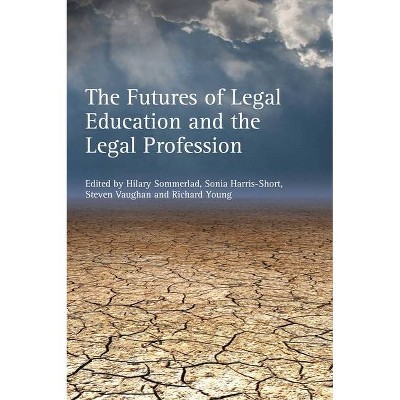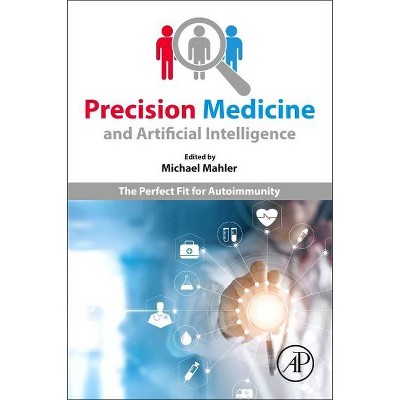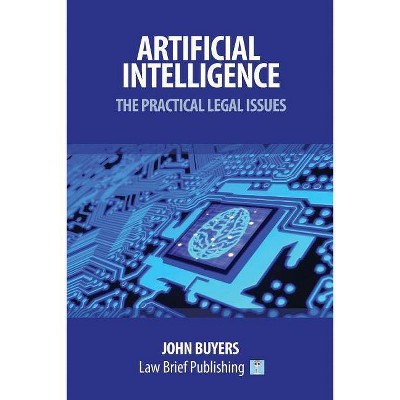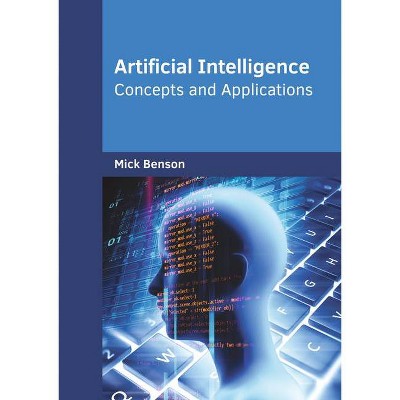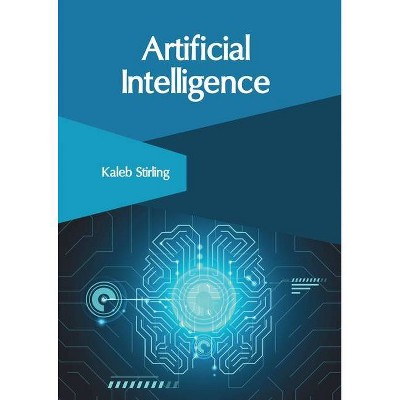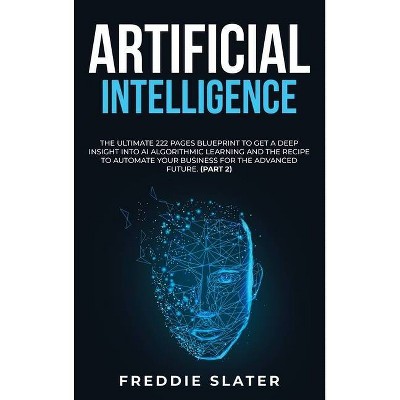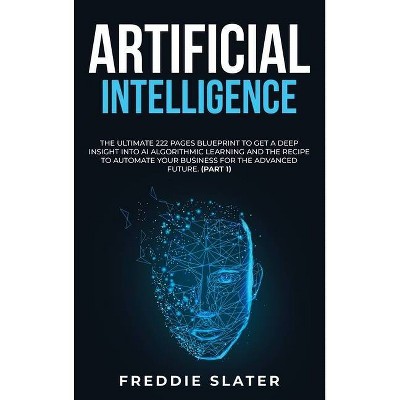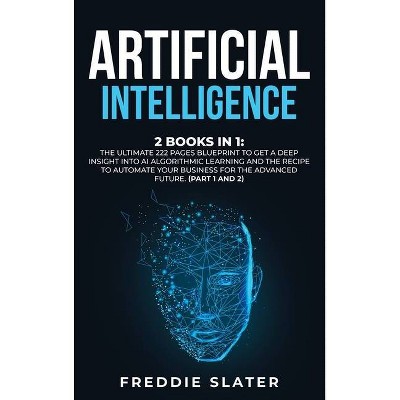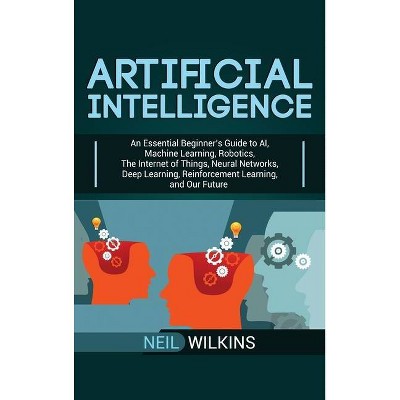Artificial Intelligence and the Legal Profession - by Michael Legg & Felicity Bell (Hardcover)
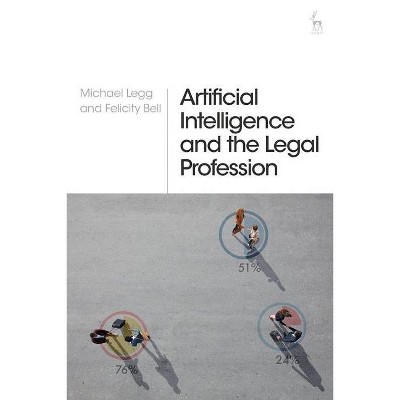
Similar Products
Products of same category from the store
AllProduct info
<p/><br></br><p><b> About the Book </b></p></br></br>"How are new technologies changing the practice of law? With examples and explanations drawn from the UK, US, Canada, Australia and other common law countries, as well as from China and Europe, this book considers the opportunities and implications for lawyers as autonomous systems become commonplace in legal service delivery. It examines what lawyers do in the practice of law and where AI will impact this work. It also explains the important continuing role of the lawyer in an AI world. This book is divided into three parts: Part A provides an accessible explanation of AI, including diagrams, and contrasts this with the role and work of lawyers. Part B focuses on five different aspects of legal work (litigation, transactional, dispute resolution, regulation and compliance, and legal advice and strategy) where AI is making a considerable impact and looks at how this is occurring. Part C discusses how lawyers and law firms can best utilise the promise of AI, while also acknowledging its limitations. It also discusses ethical and regulatory issues, including the lawyer's role in upholding the rule of law"--<p/><br></br><p><b> Book Synopsis </b></p></br></br>How are new technologies changing the practice of law?<br/><br/>With examples and explanations drawn from the UK, US, Canada, Australia and other common law countries, as well as from China and Europe, this book considers the opportunities and implications for lawyers as artificial intelligence systems become commonplace in legal service delivery. It examines what lawyers do in the practice of law and where AI will impact this work. It also explains the important continuing role of the lawyer in an AI world.<br/><br/>This book is divided into three parts: <br/><br/>Part A provides an accessible explanation of AI, including diagrams, and contrasts this with the role and work of lawyers.<br/><br/>Part B focuses on six different aspects of legal work (litigation, transactional, dispute resolution, regulation and compliance, criminal law and legal advice and strategy) where AI is making a considerable impact and looks at how this is occurring.<br/><br/>Part C discusses how lawyers and law firms can best utilise the promise of AI, while also acknowledging its limitations. It also discusses ethical and regulatory issues, including the lawyer's role in upholding the rule of law<p/><br></br><p><b> About the Author </b></p></br></br><p>Michael Legg is a Professor at University of New South Wales (UNSW) Law, Sydney, Australia. He is also the Director of the Law Society of New South Wales Future of Law and Innovation in the Profession (FLIP) research stream at UNSW. Michael's research interests are in civil litigation (including class actions), regulation and enforcement, and the legal profession. Michael is admitted to practice in the Supreme Court of NSW, Federal Court of Australia, High Court of Australia and in the State and Federal courts of New York. He holds law degrees from UNSW (LLB), the University of California, Berkeley (LLM) and the University of Melbourne (PhD). <br>Felicity Bell is the Research Fellow for the Law Society of New South Wales Future of Law and Innovation in the Profession (FLIP) research stream at University of New South Wales Law Faculty. Her research interests are in legal professionalism and ethics, new technologies in law, family law and access to justice. Felicity is admitted to practice in the Supreme Court of Victoria. She holds a BA/LLB (Hons I) from the University of Melbourne and a PhD from the University of Sydney Law School.</p>
Price History
Price Archive shows prices from various stores, lets you see history and find the cheapest. There is no actual sale on the website. For all support, inquiry and suggestion messagescommunication@pricearchive.us
